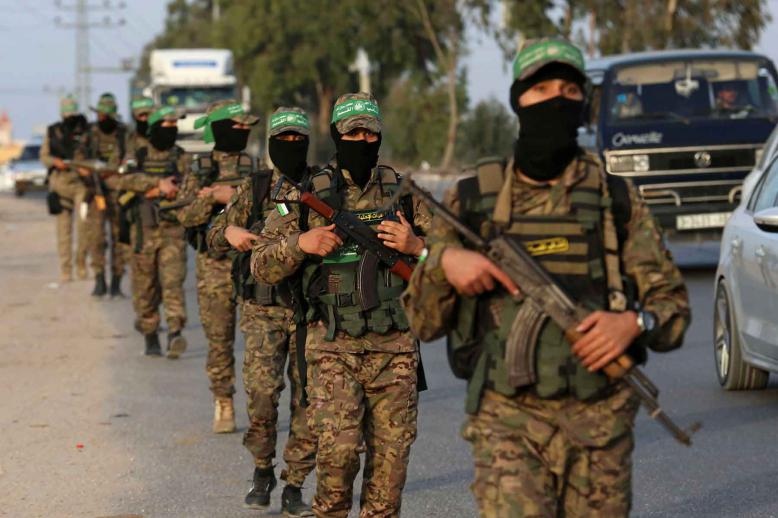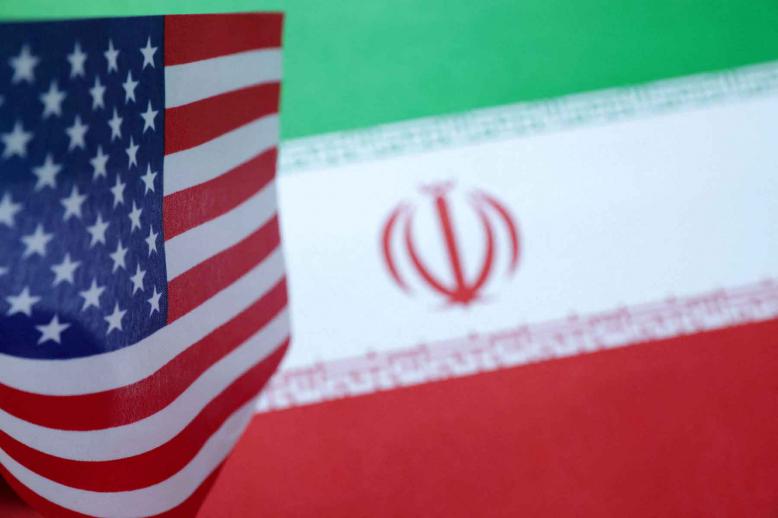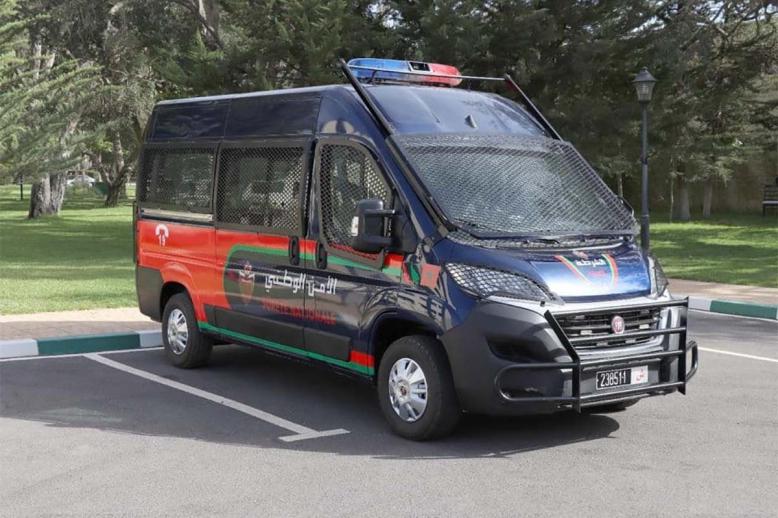LNA denies targeting Turkish, Italian embassies in Tripoli
LONDON – The eastern-based Libyan National Army (LNA) spokesman Ahmed Mismari late on Friday denied that it had targeted the Turkish and Italian embassies in central Tripoli.
Shells landed near the embassies in central Tripoli late on Thursday, drawing European Union condemnation.
Mismari accused the Government of National Accord (GNA) forces of shelling areas they hold in order to incite opinion against the LNA.
The LNA of Khalifa Haftar has been bombarding Tripoli for months as part of a year-long war to capture the city, causing four fifths of civilian deaths in the conflict this year, the United Nations has said.
However, Turkish military support for the UN-recognised GNA has helped its forces push the LNA back from several areas in recent weeks, threatening to end Haftar's campaign in western Libya.
The Turkish ambassador told Reuters in a message that a Grad missile had struck the High Court building next to the embassy and another landed by the Foreign Ministry.
Italy's Foreign Ministry said on Twitter the area near around the Italian ambassador's residence was hit, causing at least two deaths.
Shells also landed around the city's port, where the United Nations migration agency had to abort an operation to disembark migrants who had been rescued at sea.
But Mismari said in a statement posted on Facebook that "in its march towards Tripoli, the General Command of the Libyan Arab Armed Forces vowed, directly, to protect diplomatic headquarters, such as foreign embassies, the headquarters of international bodies and missions in the capital, as well as the headquarters of foreign companies and state institutions."
Mismari indicated that this pledge is for two reasons, the first of which was that the armed forces’ operations “aim to protect” the homeland and its guests from terrorists and criminal gangs to show Libyans and the international community that “they are fighting for peace, security and stability.”
As for the second reason, Mismari said the General Command “fully knows that terrorist gangs do not hesitate to commit crimes and dirty acts against foreign embassies and international bodies in order to turn international opinion against the armed forces and the goals of the war they are fighting against the Takfiris and criminal gangs.”
Pro-GNA forces have been able to reverse some of the losses they suffered last year with the help of Turkish drones and air defence systems, which stopped most air strikes by the LNA and its allies. The LNA is supported by the United Arab Emirates, Egypt and Russia.
The UN Libya mission said last month that during the first quarter of 2020 at least 131 civilians were killed or injured, a rise of 45% over the last quarter of 2019 as the fighting escalated.
The fighting over Tripoli has intensified in recent weeks despite UN calls for a ceasefire to allow authorities to focus on curbing the spread of the coronavirus. Libya has so far recorded 64 virus cases, including three deaths.
The pandemic could possibly devastate war-torn Libya, where a decade-long conflict has ravaged key infrastructure and created dire medical shortages.
UN spokesman Stephane Dujarric said that already this year, 13 attacks have impacted field hospitals, health care workers and ambulances, including attacks on hospitals identified to treat COVID-19 in Libya.
He added that “the UN fears that figures may be underreported as there is a lack of testing capacity and contact tracing.”






